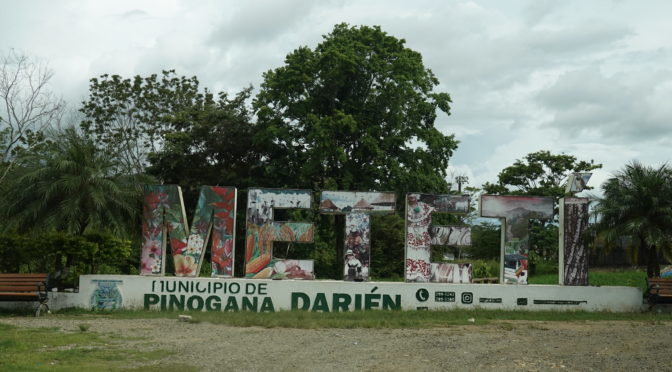By Paulina Licon, Undergraduate student in the UT School of Social Work
As part of my internship with International IDEA in Panama this summer, I was privileged to join a team from the Electoral Tribunal of Panama in evaluating a groundbreaking nationwide project, the Elecciones de la Niñez y la Adolescencia del 2024. This project introduced a unique voting simulation, where the youth of Panama were not only educated about the electoral process but also asked to vote for four fundamental values: honesty, respect, tolerance, and equality. The aim was to instill in students the importance of these values in their candidate selection, promoting thoughtful civic engagement.
For these evaluations, the Tribunal’s Institute of Democratic Studies (INED) selected a team to visit the regions where the voting simulations were held, and a fellow intern and I were privileged to join. The purpose was to gather data that would reveal the project’s successes, challenges, and areas for improvement. Given that this was the first time such a project had been undertaken in Panama, it was crucial to collect this data to improve the project for the years to come. The evaluations that my partner and I participated in were conducted in Metetí—situated in the Darién region of Panama—and on the island of Narganá in the Guna Yala comarca.
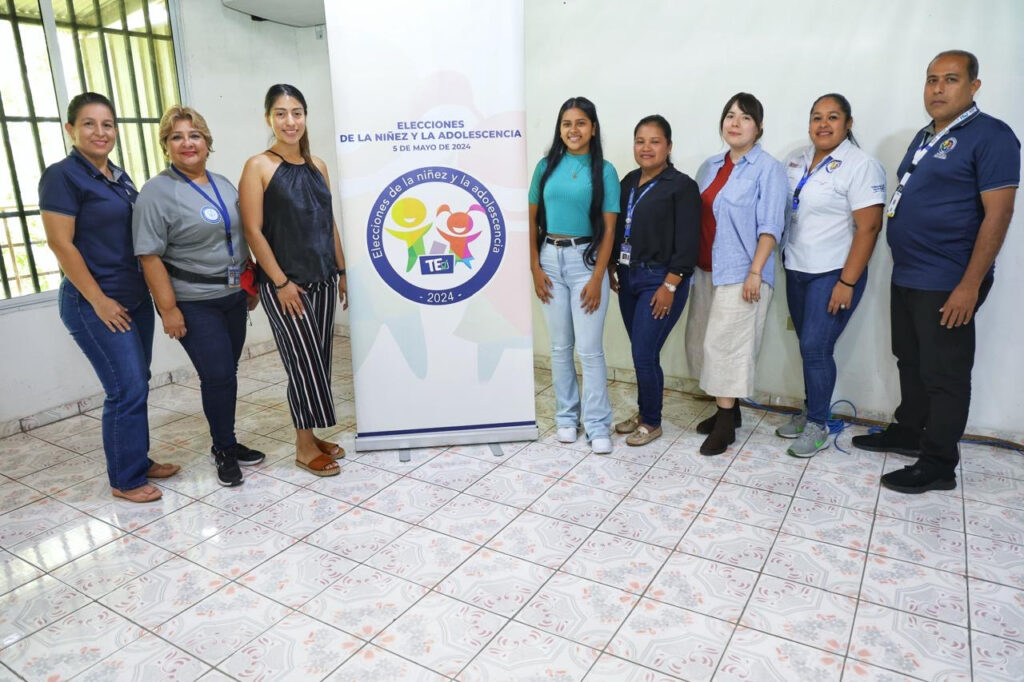
Indigenous communities heavily populate both areas, and Guna Yala is one of the six comarca regions in Panama—lands that are reserved for the indigenous communities in Panama. Traveling to both places had its challenges. The road to Darién is poorly maintained and, thanks to the rainy season, full of potholes that must be avoided. Traveling to Guna Yala required traversing a mountainous road and taking an almost two-hour motorboat ride to the island.
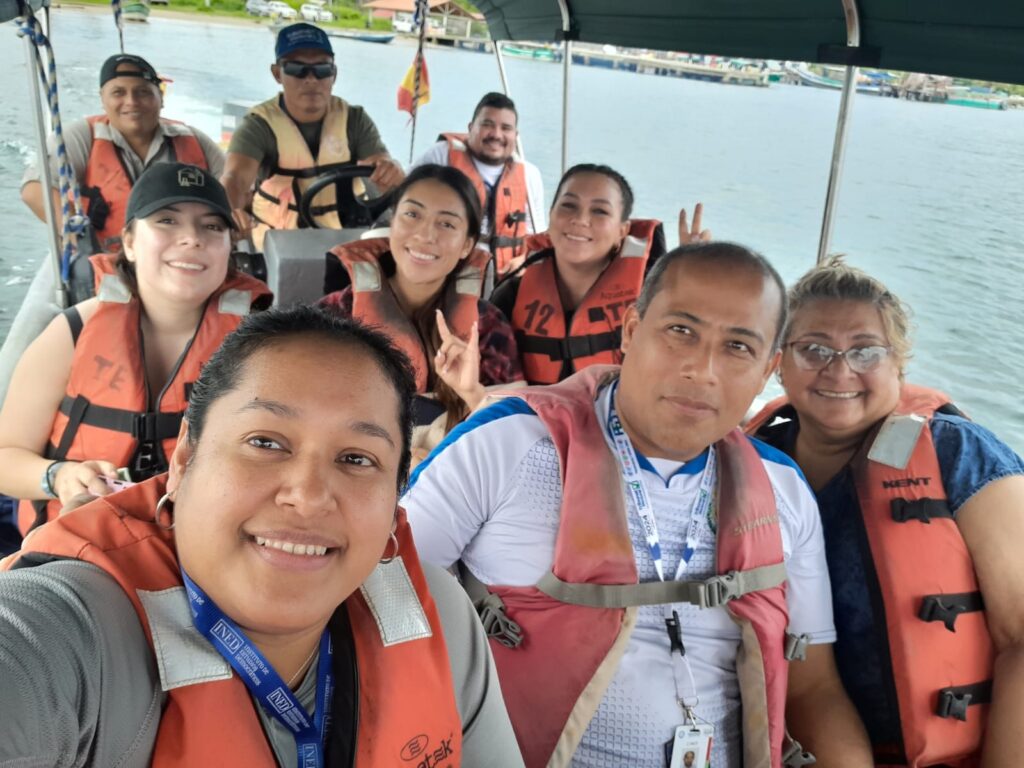
I mention the difficulty of traveling on such trips to underscore the remarkable dedication demonstrated by the team sent by INED and by INED itself. Despite the challenges, the team recognized the importance of showing up in person to conduct the evaluations—a testament to their commitment. This personal approach allowed us to connect profoundly with the staff and students who participated in the youth engagement project and gather in-depth results.
The evaluations consisted of meetings with the workers and student volunteers involved with the project. We began by interviewing the students. The interview questions were predetermined, and the evaluators designated a note-taker to record the students’ responses and observations. Each interview generally took up to forty minutes to an hour. The students all said that they thoroughly enjoyed working on the project, volunteering, and learning more about the electoral process and the importance of these democratic values when it comes to voting for candidates. Additionally, the students had suggestions and comments they thought would be helpful for such projects in future elections.
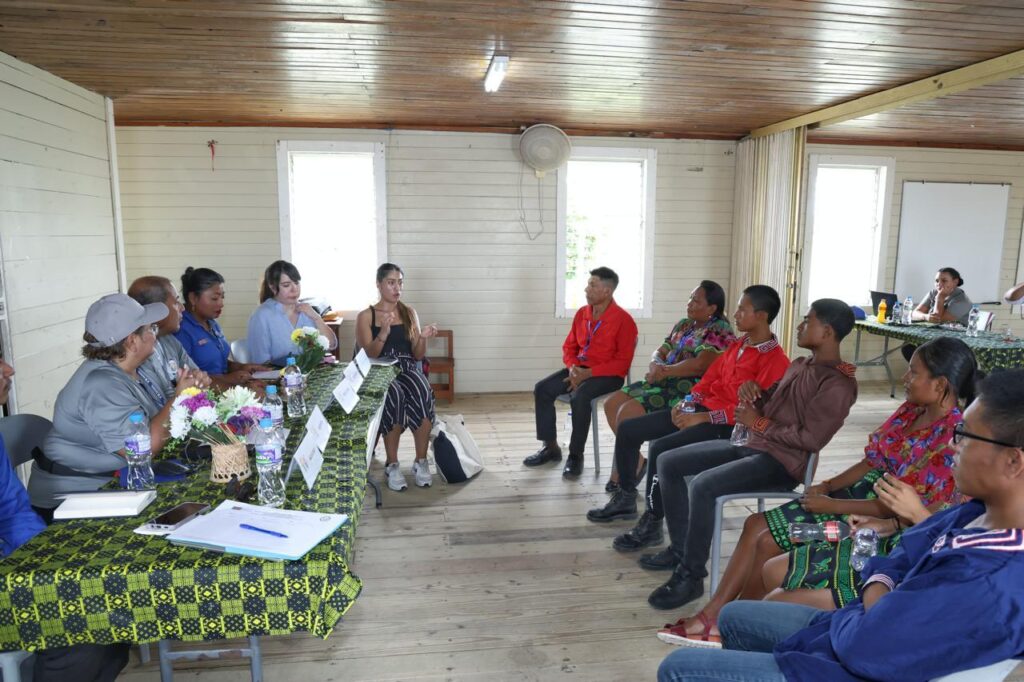
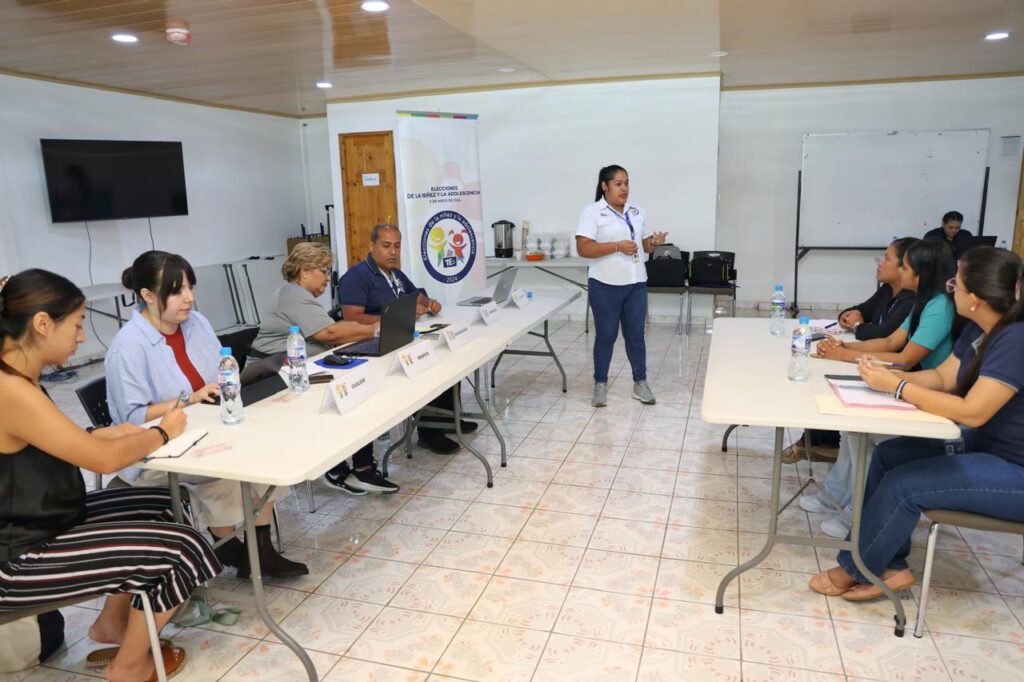
After interviewing the students, we interviewed the workers who participated in the project. This part of the evaluation consisted of having each worker spend 20-40 mins with each evaluator. There were three to four evaluators, each focused on asking about a different administrative area in the project. The interviews thus took a considerable amount of time, but they were very helpful in providing detailed feedback on the project design and implementation, as the workers all had different suggestions.


This trip and project were very insightful regarding the importance of informing today’s youth about how to participate in the electoral process and also the importance of always going the extra mile when gathering data for research and evaluations. My partner and I were lucky to learn more about these communities, their way of life, and their culture. We were impressed with the project due to not only the lengths that INED went through to ensure that every region was evaluated but also its commitment to ensuring that every region got to participate in the project and teach youth about electoral processes and the impact they have on maintaining a democracy.
It’s imperative to educate future generations early on about the electoral process, its importance, and the impact each individual can have on the future of a country just by voting. It makes me hopeful to see these kinds of projects, and I hope we’ll see more of these projects in other countries.
